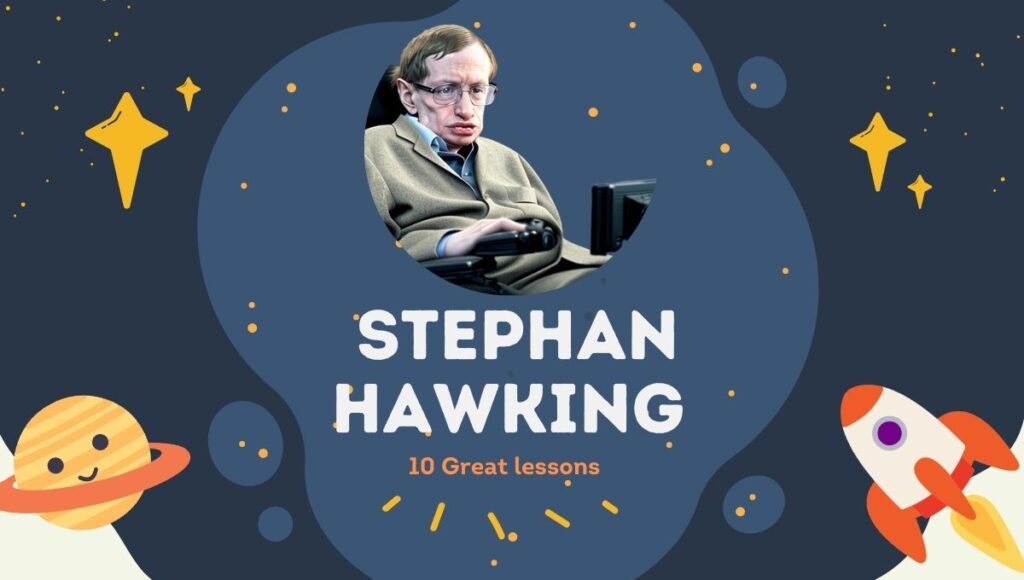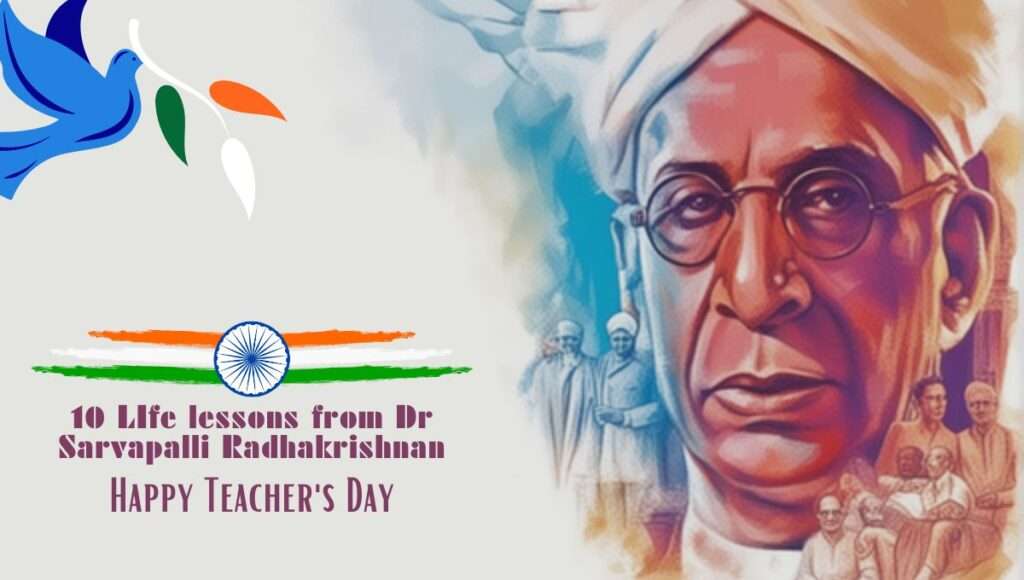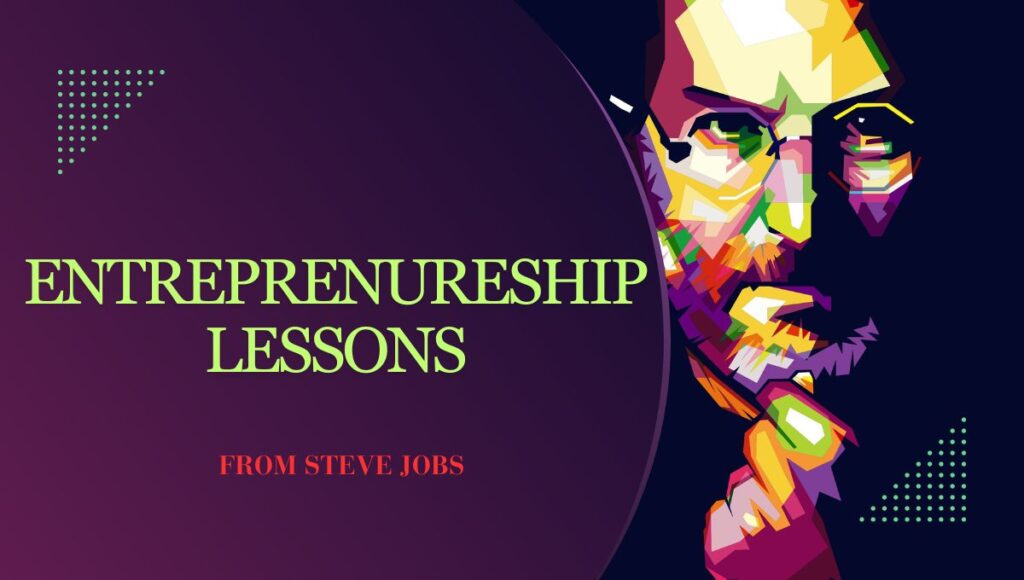10 Great Lessons You Can Apply from Stephen Hawking’s Life and Work

Have you ever wondered what made Stephen Hawking one of the most influential and admired scientists of all time?
Stephen Hawking was a British physicist, cosmologist, and author who made groundbreaking discoveries and contributions to the fields of general relativity, quantum mechanics, black holes, and cosmology. He was also a remarkable human being who overcame a debilitating disease and lived a full and inspiring life. He died in 2018 at the age of 76, leaving behind a legacy that will last for generations.
In this blog post, I will share with you 10 lessons that you can apply from Stephen Hawking’s life and work. These lessons will help you achieve your goals, overcome your challenges, expand your knowledge, enjoy your life, and make a positive impact on the world.
Are you ready to learn from the genius who made physics fun and accessible? Let’s get started!
Stephen Hawking Lesson 1: Never Give Up on Your Dreams

The first lesson that you can learn from Stephen Hawking is to never give up on your dreams, no matter what obstacles you face.
Stephen Hawking was diagnosed with amyotrophic lateral sclerosis (ALS), a rare and incurable neurological disease that gradually paralyzed the muscles when he was 21 years old. He was given only a few years to live. However, he did not let his condition stop him from pursuing his passion for physics. He continued his studies at Cambridge University, where he obtained his PhD and became a professor. He also married twice and had three children.
Despite losing his ability to speak and move, he used a computerized voice synthesizer and a wheelchair to communicate his thoughts and findings. He wrote several best-selling books, such as A Brief History of Time and The Universe in a Nutshell, that explained complex scientific concepts in simple and engaging ways. He also gave lectures, participated in documentaries, and even appeared in popular TV shows like The Simpsons and The Big Bang Theory. He became one of the most famous and respected scientists in the world.
He once said: “However difficult life may seem, there is always something you can do and succeed at.” He proved this by achieving his dreams despite his challenges. He inspired millions of people with his determination and resilience. He showed us that nothing is impossible if you have a strong will and a positive attitude.
Lesson 2: Be Curious and Open-Minded

Another lesson that you can learn from Stephen Hawking is to be curious and open-minded about everything.
Stephen Hawking was always curious and eager to learn new things. He was fascinated by the mysteries of the universe and wanted to understand how it works. He asked questions like: What is the origin of the universe? What are black holes? What is the nature of time? What is the fate of the universe?
He explored these questions through his research and experiments. He developed new theories and models that challenged existing ones. He discovered that black holes emit radiation, which contradicted the classical notion that nothing can escape from them.
He also proposed that the universe has no boundary or edge, which implied that it has no beginning or end. He collaborated with other scientists, such as Roger Penrose, James Hartle, and Leonard Mlodinow, to create new insights and perspectives on physics and cosmology.
He once said: “The greatest enemy of knowledge is not ignorance, it is the illusion of knowledge.” He reminded us that we should never be satisfied with what we know, but always seek to learn more. He encouraged us to be open-minded and flexible in our thinking, as science is constantly evolving and changing. He taught us to be humble and curious in our quest for knowledge.
Lesson 3: Communicate Effectively and Clearly

A third lesson that you can learn from Stephen Hawking is to communicate effectively and clearly with others.
Stephen Hawking used various tools and methods to communicate his thoughts and findings with others. He used a computerized voice synthesizer that allowed him to type words using a cheek muscle or an eye tracker. He also used gestures, facial expressions, and humor to convey his emotions and personality.
He wrote several books, articles, papers, and essays that explained his ideas and discoveries in simple language. He gave lectures, interviews, speeches, and presentations that captivated his audience with his charisma and clarity. He participated in documentaries, films, and TV shows that showcased his work and life in an entertaining and educational way. He reached millions of people around the world with his message and vision.
He once said: “If you can’t explain something in simple terms, you don’t understand it well enough.” He demonstrated this by making complex concepts accessible and engaging for everyone. He made physics fun and interesting for people who had no background or interest in science. He sparked curiosity and imagination in people who wanted to learn more about the universe and themselves. He influenced and inspired generations of scientists, students, and people from all walks of life.
Lesson 4: Have a Sense of Humor and Fun

A fourth lesson that you can learn from Stephen Hawking is to have a sense of humor and fun in your life.
Stephen Hawking had a great sense of humor and enjoyed life. He loved to make jokes, pranks, bets, and puns that showed his playful side. He once threw a party for time travelers, but only announced it after the party was over, to see if anyone would show up. He also bet against the discovery of the Higgs boson, the so-called God particle, and lost $100 to another physicist. He also made fun of himself and his condition, saying things like:
“Life would be tragic if it weren’t funny.” or “I’m not afraid of death, but I’m in no hurry to die. I have so much I want to do first.”
He also had hobbies and interests that made him happy. He loved to read books, watch movies, listen to music, and play games. He was a fan of Star Trek, Sherlock Holmes, The Beatles, and The Simpsons. He also enjoyed traveling, sailing, flying, and experiencing zero gravity. He lived a full and adventurous life despite his limitations.
He once said: “Remember to look up at the stars and not down at your feet. Try to make sense of what you see and wonder about what makes the universe exist. Be curious. And however difficult life may seem, there is always something you can do and succeed at. It matters that you don’t just give up.”
He exemplified this by balancing his work and life with humor and fun. He showed us that we can find joy and meaning in everything we do.
Lesson 5: Make a Positive Impact on the World

A fifth lesson that you can learn from Stephen Hawking is to make a positive impact on the world with your work and legacy.
Stephen Hawking made a positive impact on the world with his work and legacy. He advanced our understanding of the universe and its phenomena. He contributed to the fields of physics, cosmology, mathematics, astronomy, and philosophy. He received numerous awards, honors, medals, and prizes for his achievements and discoveries.
He also supported or initiated various charities, foundations, organizations, and causes that aimed to improve the lives of people with disabilities, promote education and research, protect the environment, and foster peace and cooperation among nations. He left behind a legacy that will last for generations.
He once said: “I want my books sold on airport bookstalls.” He achieved this by making his work accessible and popular for the general public. He also said: “I want to inspire people around the world to look up at the stars and not down at their feet.” He achieved this by making his life inspiring and motivational for everyone who knew him or heard of him.
He also said: “I want to help save the planet.” He achieved this by making his vision influential and impactful for humanity’s future.
Lesson 6: Collaborate and Cooperate with Others

A sixth lesson that you can learn from Stephen Hawking is to collaborate and cooperate with others in your work and life.
Stephen Hawking was not a lone genius who worked in isolation. He was a team player who worked with other scientists, researchers, students, and colleagues to advance the frontiers of science. He collaborated with Roger Penrose, James Hartle, Leonard Mlodinow, Kip Thorne, and many others to develop new theories and models of physics and cosmology.
He also cooperated with publishers, editors, filmmakers, actors, and celebrities to share his work and life with the public. He valued the input and feedback of others and acknowledged their contributions to his success.
He once said: “Science is not only a disciple of reason but, also, one of romance and passion.” He showed this by being passionate about his work and romantic about his collaborations. He enjoyed working with others who shared his curiosity and enthusiasm for science.
He also had a sense of romance and passion in his personal life, as he married twice and had three children. He taught us to be collaborative and cooperative in our work and life.
Lesson 7: Be Creative and Innovative

A seventh lesson that you can learn from Stephen Hawking is to be creative and innovative in your work and life.
Stephen Hawking was a creative and innovative thinker who came up with original and novel ideas that changed the world of science. He used his imagination and intuition to explore new possibilities and scenarios that were not obvious or conventional.
He invented new concepts and terms, such as Hawking radiation, Hawking temperature, Hawking energy, the no-hair theorem, the no-boundary proposal, the information paradox, the chronology protection conjecture, and the top-down approach. He also created new ways of expressing his ideas, such as using diagrams, analogies, metaphors, stories, and humor. He was not afraid to experiment and test his ideas against reality.
He once said: “Intelligence is the ability to adapt to change.” He proved this by being adaptable and flexible in his thinking. He was willing to revise or abandon his ideas when new evidence or arguments challenged them. He was also open to learning from other fields and disciplines, such as mathematics, philosophy, biology, history, literature, and art. He taught us to be creative and innovative in our work and life.
Lesson 8: Be Aware and Responsible

An eighth lesson that you can learn from Stephen Hawking is to be aware and responsible for your work and life.
Stephen Hawking was aware and responsible for the implications and consequences of his work and life. He was aware of the ethical, social, political, environmental, and existential issues that his work raised or addressed. He was responsible for communicating his views and opinions on these issues to the public and policymakers.
He spoke out on topics such as artificial intelligence, climate change, nuclear war, extraterrestrial life, human rights, democracy, religion, philosophy, and the future of humanity. He advocated for scientific literacy, rationality, education, research, innovation, peace, cooperation, diversity, equality, justice, freedom, dignity, and survival. He cared about the world he lived in and the world he left behind.
He once said: “We are just an advanced breed of monkeys on a minor planet of a very average star. But we can understand the universe. That makes us something very special.” He realized this by being humble and grateful for his existence and abilities. He also said:
“We are in danger of destroying ourselves by our greed and stupidity. We cannot remain looking inwards at ourselves on a small and increasingly polluted and overcrowded planet.” He warned us about this by being concerned and alarmed by our actions and inactions. He taught us to be aware and responsible for our work and life.
Lesson 9: Be Passionate and Enthusiastic

A ninth lesson that you can learn from Stephen Hawking is to be passionate and enthusiastic about your work and life.
Stephen Hawking was passionate and enthusiastic about his work and life. He loved physics and cosmology and devoted his life to exploring and understanding the universe. He said: “My goal is simple. It is a complete understanding of the universe, why it is as it is, and why it exists at all.” He pursued this goal with passion and enthusiasm, despite the difficulties and challenges he faced.
He also enjoyed sharing his passion and enthusiasm with others, through his books, lectures, documentaries, and interviews. He said: “I hope I have helped to raise the profile of science and to show that physics is not a mystery but can be understood by ordinary people.” He inspired many people to appreciate and pursue science with passion and enthusiasm.
He also had passion and enthusiasm for other aspects of his life, such as his family, friends, hobbies, interests, and causes. He said: “Although I cannot move and I have to speak through a computer, in my mind I am free.” He expressed this freedom by living a full and rich life, filled with love, joy, adventure, fun, and meaning. He taught us to be passionate and enthusiastic about our work and life.
Lesson 10: Be Grateful and Generous

A tenth lesson that you can learn from Stephen Hawking is to be grateful and generous for your work and life.
Stephen Hawking was grateful and generous for his work and life. He was grateful for the opportunities and support that he received from his family, friends, colleagues, students, fans, and the public.
He said: “I have been very lucky in my life. I have had many wonderful colleagues who have helped me along the way.” He also said: “I have been lucky to have a wonderful family who have always supported me.” He expressed his gratitude by thanking them and acknowledging their contributions to his success and happiness.
He was also generous with his work and life. He shared his knowledge, wisdom, insights, discoveries, ideas, opinions, and vision with the world. He said: “I want to share my excitement and enthusiasm about this quest.” He also said: “I want to give something back to the people who have supported me.”
He did this by writing books, giving lectures, donating money, supporting charities, raising awareness, and influencing policies that aimed to improve the lives of others and the future of humanity. He gave back to the world what he received from it.
He once said: “We are very, very small, but we are profoundly capable of very, very big things.” He showed this by being grateful and generous for his work and life. He taught us to be grateful and generous for our work and life.
Conclusion
Stephen Hawking was a genius who changed the world of science with his brilliant mind. He was also a hero who inspired millions of people with his courageous life. He taught us many valuable lessons that we can apply in our own lives and work.
Here are the 10 lessons that you can apply from Stephen Hawking’s life and work:
- Never give up on your dreams
- Be curious and open-minded
- Communicate effectively and clearly
- Have a sense of humor and fun
- Make a positive impact on the world
- Collaborate and Cooperate with Others
- Be Creative and Innovative
- Be Aware and Responsible
- Be Passionate and Enthusiastic
- Be Grateful and Generous
Which lesson resonated with you the most? How will you apply it in your life? Let me know in the comments below!

I hope you enjoyed this blog post as much as I enjoyed writing it for you. If you did, please share it with your friends and family who might benefit from it as well. And don’t forget to subscribe to my blog for more awesome content like this!
Thank you for reading! See you next time!
FAQs
How did Stephen Hawking communicate with his computerized voice synthesizer?
Stephen Hawking used a special device called a switch, which he operated with his cheek muscle. The switch sent signals to his computer, which ran a software program that allowed him to select words and phrases from a menu. The computer then converted his selections into speech using a synthetic voice.
What was Stephen Hawking’s IQ?
Stephen Hawking never revealed his IQ score, but it was estimated to be over 160, which is considered to be very high. However, Hawking did not think that IQ was a reliable measure of intelligence. He once said: “People who boast about their IQ are losers.”
What was Stephen Hawking’s favorite book?
Stephen Hawking had many favorite books, but one of them was The Hitchhiker’s Guide to the Galaxy by Douglas Adams. He liked the book’s humor and satire, and even wrote the introduction for one of its editions. He also appeared in a radio adaptation of the book, playing himself as a hologram3.
What was Stephen Hawking’s thesis about?
Stephen Hawking’s Ph.D. thesis was titled “Properties of Expanding Universes”. It dealt with the implications of the big bang theory and the existence of singularities in space-time. It also introduced the concept of the Hawking-Penrose singularity theorem, which states that a singularity must occur in any realistic gravitational collapse.
What was Stephen Hawking’s last book?
Stephen Hawking’s last book was Brief Answers to the Big Questions, which was published posthumously in 2018. It was based on his lectures, interviews, essays, and personal reflections on various topics, such as the origin of the universe, the nature of black holes, the possibility of time travel, the existence of God, and the future of humanity.
What was Stephen Hawking’s last message to the world?
Stephen Hawking’s last message to the world was a speech that he recorded before his death and was broadcast at his memorial service in 2018. In his speech, he said: “Remember to look up at the stars and not down at your feet. Try to make sense of what you see and wonder about what makes the universe exist.
Be curious. And however difficult life may seem, there is always something you can do and succeed at. It matters that you don’t just give up.” He also said: “I have been very lucky in my life.
I have had many wonderful colleagues who have helped me along the way. I have been lucky to have a wonderful family who have always supported me. I have been lucky to have been able to do what I love.” He ended his speech by saying: “Be brave, be determined, overcome the odds. It can be done.”



